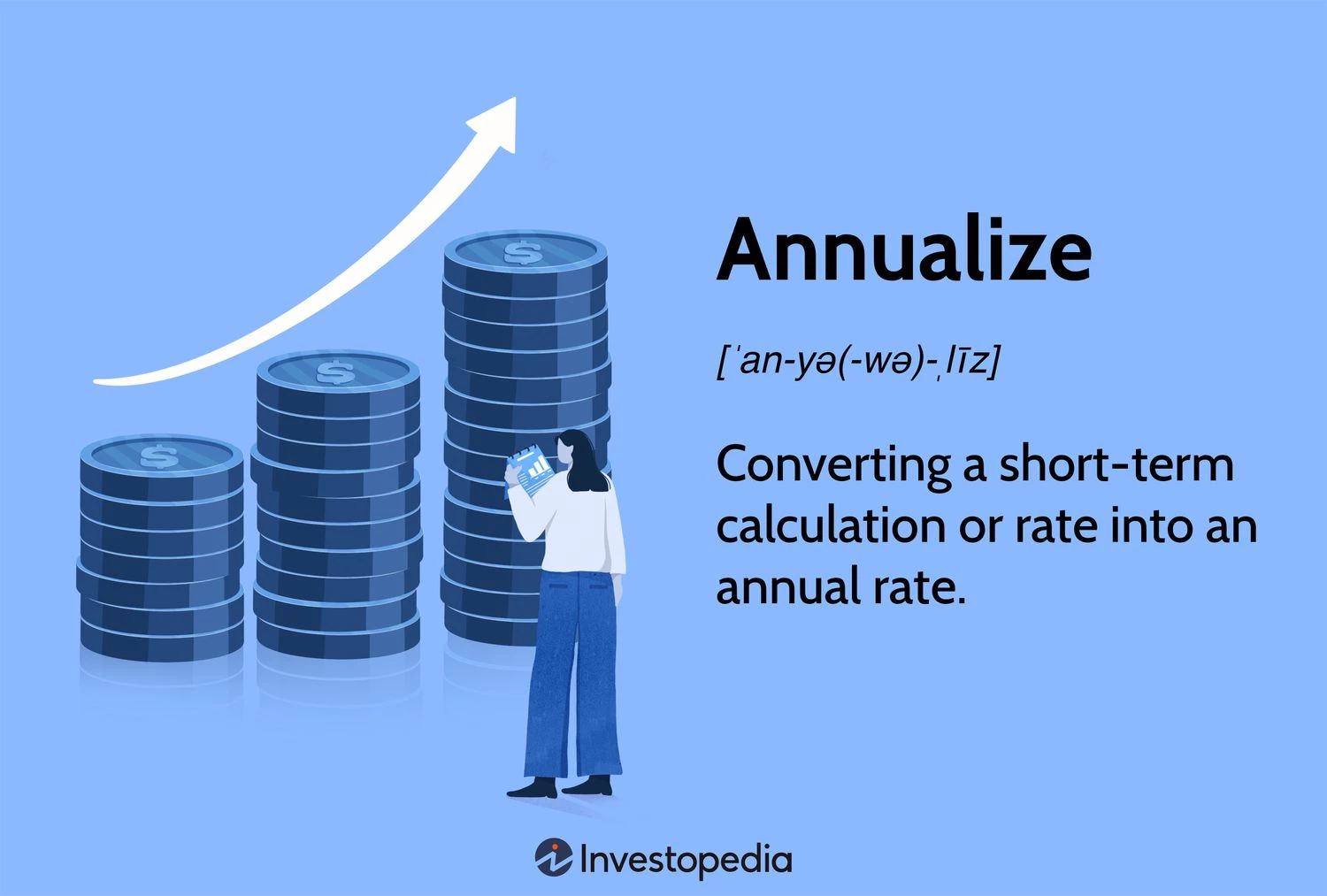What determines the victor in a brokerage price battle?
The year 2019 marked a significant milestone in the world of online brokerage services as major players like Charles Schwab, E*TRADE, Ally Invest, and Fidelity made headlines by slashing equity commissions to zero. This move towards commission-free trading had been gradually unfolding, with brokers starting to offer commission-free exchange-traded funds (ETFs) back in 2010. The industry witnessed a paradigm shift in early 2017 when Schwab led the charge by cutting commissions to $4.95, setting a new pricing benchmark that others swiftly followed.
Transitioning to commission-free stock and ETF transactions, brokers not only eliminated transaction fees for customers but also waived fees traditionally paid by fund providers. Despite this, brokers have diverse revenue streams beyond commissions, including interest on clients’ cash balances, stock loan programs, and advisory services, attracting a wave of new investors to their user-friendly platforms.
Free Commissions Doesn’t Mean Everything Is Free
While some brokers have moved to zero equity and options base commissions, they still collect fees for options trades, as well as charges on futures, forex, bonds, and certain mutual fund transactions.
According to Jennifer Butler, an expert in asset management and brokerage research, the shift towards commission-free trading targets inactive traders. Brokers are diversifying into advisory services to offset revenue losses from stock and ETF commissions. This trend is evident in the rise of robo-advisor offerings and managed accounts among online brokers.
What About Cash?
A significant portion of brokerage revenue stems from idle cash held by clients. Brokers earn interest on this cash, with some sharing the interest with clients. However, brokerage firms predominantly retain the majority of interest income for themselves.
Broker financial statements reveal a diversified revenue model, with interest revenue accounting for a substantial portion of income. This includes interest from idle cash, margin trading charges, and short selling fees.
Cash Sweeps
Brokers commonly offer cash sweep programs, automatically transferring idle cash into interest-bearing accounts. However, investors should note that the interest rates on such accounts might be modest, affecting potential earnings on uninvested cash.
For long-term cash holdings, higher-yielding options like certificates of deposit or yield-bearing savings accounts are recommended, as per insights from industry leader Schwab.
How Do Brokers Make Money Without Equity and Options Base Commissions?
Online brokers derive revenue from various sources apart from commissions, including interest on cash balances, stock loan programs, management fees, and payment for order flow.
Many brokers share revenue with clients participating in stock loan programs, where clients earn extra income by lending fully paid shares for short selling. Brokers and clients share the interest earned on these transactions.
Commissions have not disappeared completely, with brokers still charging per-options contract fees. Certain transactions like penny stocks, mutual funds, bonds, and live-broker-assisted trades may still incur commissions.
Payment for Order Flow
Payment for order flow remains a key revenue source for brokers, with platforms like Robinhood heavily relying on this practice. Order flow payment may prioritize revenue over getting the best trade execution price.
Under SEC Rule 606, brokers are required to publish reports on order routing for customer orders. Accessing these reports can provide insights into brokers’ practices and order execution quality.
Who Wins and Who Loses?
Commission cuts benefit clients by reducing trading fees, particularly favoring brokers with substantial banking operations and those promoting account consolidation. Loyalty-based incentives and tiered rewards are emerging trends to encourage clients to consolidate assets.
While some credit Robinhood for inspiring zero commissions, the delayed response from major brokers highlights the evolving preferences of new traders. Industry pioneer Charles Schwab emphasizes the long-term benefits of eliminating commissions for investment performance.
Investor engagement has surged, with a remarkable 15% of current U.S. stock market investors entering the market in 2020, signaling renewed interest and accessibility in investment opportunities.
The Bottom Line
Commission-free investing has played a pivotal role in attracting a new wave of individual investors to the market. While zero fees lower entry barriers, investors underscore the importance of low investment amounts and long-term financial goals in their market participation.
Regardless of experience level, aligning investment portfolios with asset allocation principles and leveraging commission-free trading can enhance long-term investment success by maximizing returns.





